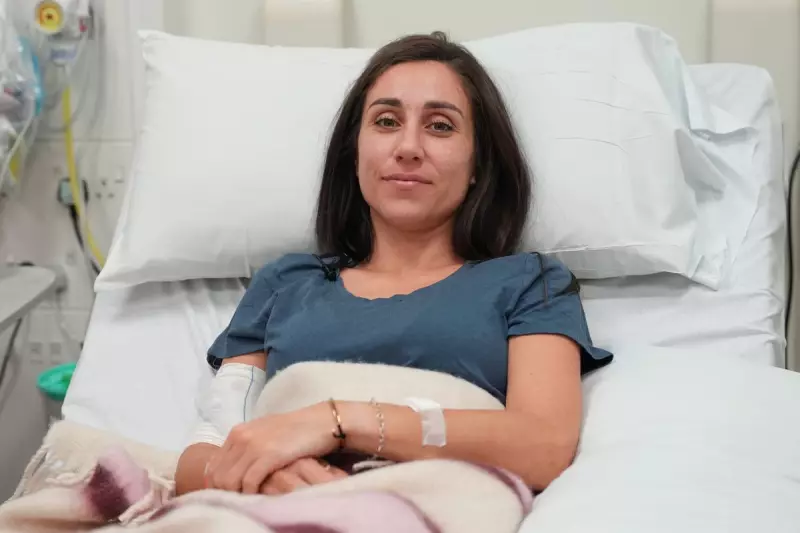
In a landmark moment for British healthcare, the NHS has begun rolling out a revolutionary treatment for multiple sclerosis that medical experts are hailing as a genuine 'game-changer' for thousands of patients across the United Kingdom.
Transformative Therapy Reaches NHS Patients
The innovative treatment, known as autologous haematopoietic stem cell transplant (AHSCT), represents the most significant advancement in MS treatment in decades. This groundbreaking approach effectively 'resets' the patient's immune system, stopping it from attacking the brain and spinal cord.
Early results have been nothing short of remarkable, with many patients experiencing complete cessation of disease progression and some even regaining lost functions. The therapy works by harvesting a patient's own stem cells, using chemotherapy to wipe out the malfunctioning immune system, then reintroducing the stem cells to rebuild a healthy immune system from scratch.
Life-Changing Results for British Patients
Among those who have benefited is 38-year-old Holly Thompson from Yorkshire, who described the treatment as 'giving me my life back'. After undergoing the procedure, she's now able to walk unaided and has returned to work - something she never thought possible as her condition rapidly deteriorated.
The treatment is particularly effective for patients with highly active relapsing remitting MS who haven't responded adequately to conventional therapies. Clinical trials have shown that AHSCT can reduce disability and prevent further relapses in the majority of suitable candidates.
Careful Patient Selection Key to Success
Medical teams across several specialist NHS centres are implementing rigorous screening processes to identify patients most likely to benefit. The treatment does carry significant risks and requires extensive hospital stays, but for carefully selected individuals, the potential rewards are transformative.
Professor James Harrison, a leading neurologist involved in the programme, stated: 'We're witnessing results we previously only dreamed of. While not suitable for everyone, for the right patients this represents the closest thing to a cure we've ever had for this devastating condition.'
The NHS rollout follows years of clinical research and successful pilot programmes, marking a new era in the treatment of autoimmune conditions and offering fresh hope to the approximately 130,000 people living with MS in the UK.





